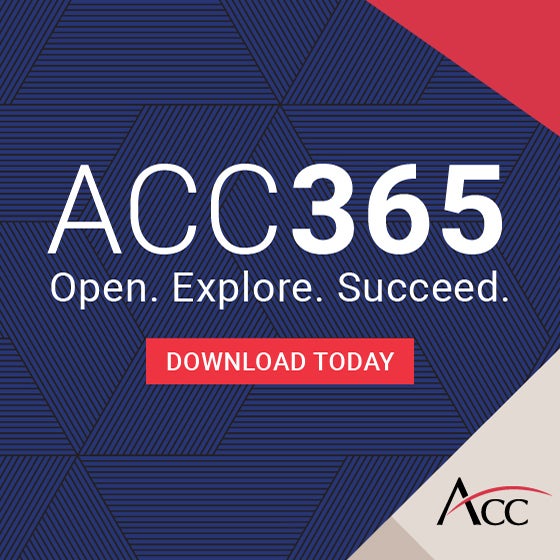ACC Voices Concern with Australian High Court in Glencore Case
The Court defined legal privilege as a “shield,” not a “sword”
The Association of Corporate Counsel (ACC) has voiced its concern with the High Court of Australia’s decision in the case of Glencore International AG vs. Commissioner of Taxation. The Court confirmed its stance that legal professional privilege operates only defensively, as a means of resisting compulsory production, and does not confer a positive right to restrain the use of privileged material disclosed without authorisation.
The Court defined legal privilege as a “shield,” not a “sword”
The Association of Corporate Counsel (ACC) has voiced its concern with the High Court of Australia’s decision in the case of Glencore International AG vs. Commissioner of Taxation. The Court confirmed its stance that legal professional privilege operates only defensively, as a means of resisting compulsory production, and does not confer a positive right to restrain the use of privileged material disclosed without authorisation.
The Glencore case involves the use of legally privileged documents by the Australian Tax Office (ATO) against a taxpayer. The documents were obtained by the ATO as part of the leaked “Paradise Papers,” which were the result of a cyberattack on the Appleby law firm. The Court observed that legal privilege cannot be used as a “sword” to restrain an agency from using privileged material already in its possession. Rather, a claim can only be made defensively, as a “shield,” to resist an attempt by a court or an agency to compel production.The Court also observed that once privileged communications are disclosed, a privilege holder must resort to the equitable doctrine of breach of confidence for protection.
This is potentially worrying news for in-house lawyers. The decision could further incentivise cybercriminals to attack law firms and hold sensitive client information ransom, threatening disclosure.
Tanya Khan, Vice President and Managing Director of ACC Australia and Asia Pacific, told ABC News that ACC, representing the interests of lawyers working for corporations and government, is concerned about the ramifications of the Glencore decision. “Allowing the government or any other third party to retain and use privileged documents in this manner undermines client candour and may encourage stolen privileged documents to be leaked in Australia,” she said.
ACC looks forward to contributing to the development of protocols between the regulators and the legal profession on how material potentially the subject of legal professional privilege should be appropriately managed in these circumstances.

